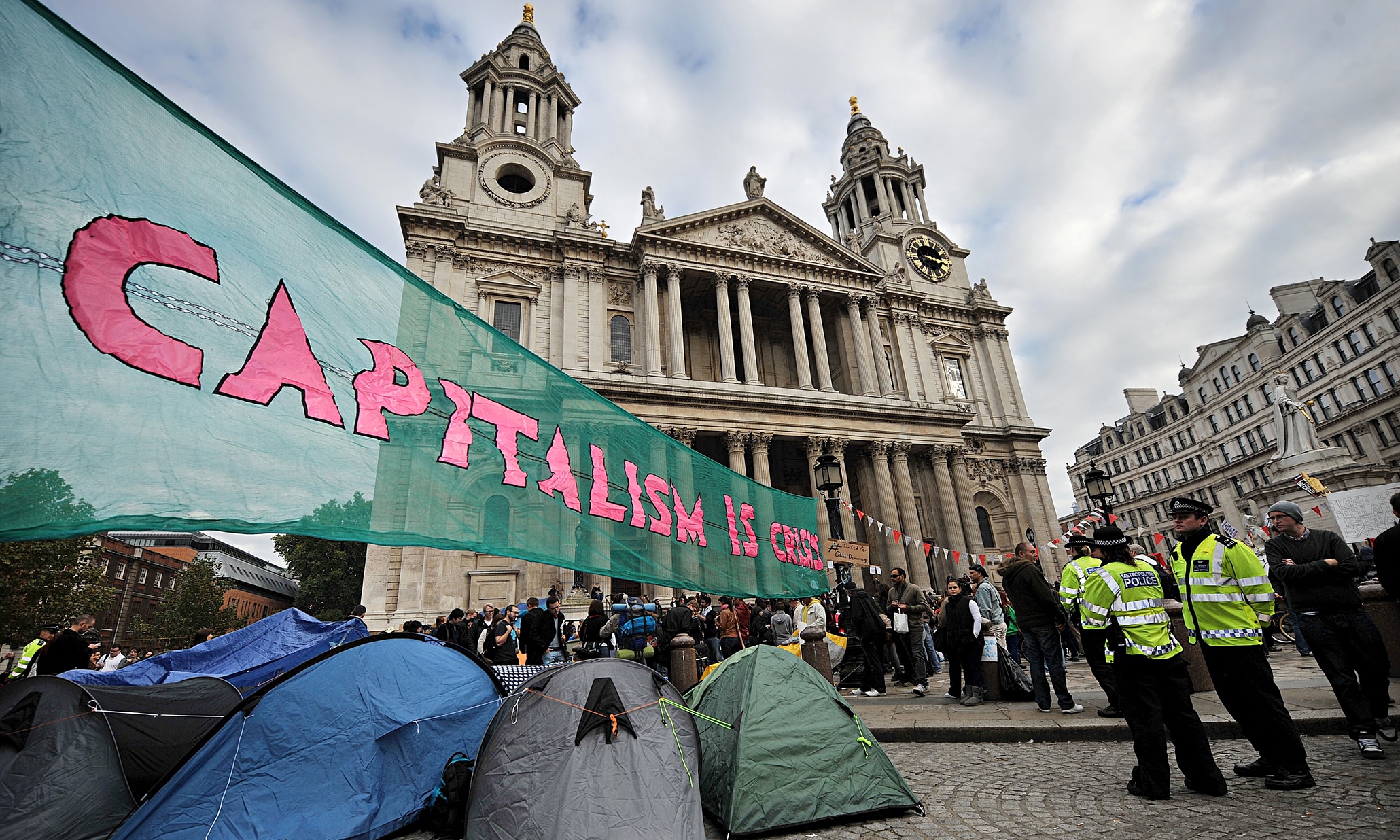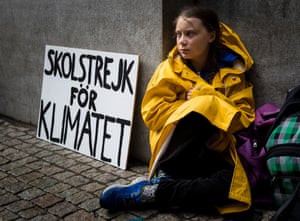Sunday, 30 July: 1 Kings 3:5-1-12, Romans 8:26-39 and Matthew 13:31-33, 44-52
This has been a fascinating week in cinema with the simultaneous release of two films which appear to have absolutely nothing in common.
On the one hand, cinema-goers dressed in pink queued to see Barbie: “life in plastic, it's fantastic”.
On the other, entering into the world of theoretical physics and the atomic bomb in Oppenheimer: “death destroyer of worlds”.
To do the “Barbenheimer” - seeing both movies in one day or even one week - is intense, but not wholly contradictory. Rather, considering how they interact with one another reveals common threads.
Both deal with human frailty, potential and corruptibility; the legacies that haunt us or the problems we thought were solved. both make us consider the kind of worlds we inhabit, imagine and create.
As directors both Chistopher Nolan and Greta Gerwig explore power and patriarchy, ambition and arrogance, fragility and feminism, remorse and repentance.
The sheer cheeriness of Barbieland’s candy-pink utopia only amplifies the bleakness of Oppenheimer’s dystopia of something not understood or feared until it was used.
Barbie brings a party dancing to disco-pop to a halt as she asks “do you guys ever think about dying”; Oppenheimer, as he walks away from Einstein, knows he will never stop thinking about anything else.
There are layers of complexity in and beyond Oppenheimer the movie and Oppenheimer the man: from the clearance of Native Americans and Hispanos and Los Alamos to the unseen destruction of Hiroshima and Nagasaki; from the suspicion of the McCarthy era to chain reaction of an arms race and Cold War; from the personal betrayals to the weight of depression and responsibility as campaigning becomes the pursuit of some sort of absolution.
As this plays out in screen one, in screen two we hear of a different sort of breach of stability; a different sort of fear. A membrane has ruptured, between Barbie World and reality. The weight of human anxiety and depression, disappointment and longing for some sort of absolution seeps into the naivety of a pink plastic domain revealing a blond fragility.
Stereotypical Barbie begins to experience the discomfort and tensions of the real world: whilst she tries to put things ‘right’, Barbie World is itself breached by Ken’s discovery of horses and patriarchy and a quest for respect which diminishes others. Neither world is ordered to enable the flourishing of all; power still operates out of the shadows.
Yet there is a longing for liberation: not just in the acceptance of emotions but in acknowledging that we are enough, or "Kenough" as Ken puts it. But neither Barbie World nor “Kendom” are the answer - it is more complex than that.
There is a breach between the real world and the world as we long for it to be - as God calls it to be. It is a breach that Barbie cannot repair despite her longing to move from being made to making meaning. It is a breach that God longs to repair - by not withholding his Son: for God so loved the world that he sent his Son, not to condemn but to bring hope of healing.
This is the mystery of the incarnation: God’s word made flesh, dwelling with us amidst the real tensions of human life with its power imbalances, burdens of guilt and exploitation and our longing for forgiveness; life with all the risk of intimacy, the struggle for self-acceptance and our place within systems we are subject to.
God comes into our world not through Barbie cars and roller blades, but through the labour pains of birth. As Jesus enters adulthood, he is present at lakesides and in synagogues, on the road and at the table. He asks those whom he meets what they are looking for; breathing words of challenge, peace and dignity.
The breach between worlds is overcome in him - by his life, teaching us ways of healing; by his death, in bearing with our pain, separation and brokenness; in his resurrection, by revealing the power of love which wins, binding up hearts and gathering up lives.
In Jesus, we do not suddenly escape the contingency and complexity of our world; but we are given signs and markers of what life oriented to God’s ways might look like.
In his parables Jesus speaks of a Kingdom - not a "Kendom" or any other humanely constructed realm. This Kingdom breaches the realms of earth and heaven, by bringing something of God’s reign to earth.
If we listen to the words and images he uses, we notice several things.
The first is that the stuff of this reign is small: a mustard seed, a grain of yeast. What is hidden away and barely visible will grow, changing and enriching what is around it. As a plant grows or a loaf rises, so we see the gradual process akin to the working out of God’s purposes.
We need to be patient and expectant; not losing heart or feeling disappointed. We are to trust the process that in our midst something is taking root and rising up which is beyond our expectations; hearts changing and movements of justice and mercy rising.
Such change and growth is not just for our sake, but for the sake of the world. A mustard seed produces a large enough shrub to provide nesting space for birds. Space to abide and make a home; to be safe and flourish. Yeast when combined with a proportion of flour - the most dough someone can knead - produces bread not just for some but for hundreds. It is a sign of feasting, sharing and hospitality.
The next thing we notice is that a kingdom based on God’s ways with the world is worth everything we have: a treasure or a pearl for which we will gladly sell what we have in exchange for it.
The parables describe a whole-hearted human response to this gift of love and grace - something we seek after and find, something we dig out and uncover. There is risk and cost and joy to this quest - but it also brings to birth a newness, a set of possibilities, which redirect our priorities.
Finally, this kingdom is like a dragnet - drawing in everything in its path; gathering up all kinds of people and lives. In part this echos Jesus’ own way of being in the world - time spent with a wedding couple and a grieving mother; daring to touch the leper and being touched by the haemorrhaging woman; honouring the widow and embracing the child; debating with centurions, pharisees and samaritans.
All those lives and stories belong to God - as do the theoretical physicist and doll creator, the campaigner and the fragile, the activist and the brokenhearted. On the one hand this kingdom does not demand rash judgement or a move to exclude or cut others off. On the other hand, to hold open the possibility of hope for all does mean living with complexity and uncertainty - it does demand wisdom to seek a way forward.
This is precisely what Solomon asked for when confronted with what it meant to lead a people chosen and yet rebellious.
He recognises that to decide between good and evil, particular actions and their consequences demanded not wealth or trappings of power. It demands a mind that could discern - discover, seek after, uncover - what is right.
As we pray for our leaders, and for ourselves, that request remains the same: the pursuit of knowledge and peace, the seeking after justice and a sustainable future, all this demands a depth of wisdom beyond our human minds. It demands that we look to an ordering of the world in God’s ways - seeking to reconcile rather than divide.
Neither Oppenheimer nor Barbie are able to put things right. Yet they do point us to ideals and opportunities, they name the cost of ideology and the possibility of change or allowing space for others - seeking the purity of love which makes hatred cease.
Nor can we put things right in our own strength. The great hope of the climax of Romans 8 is that the Spirit helps us in our weakness - praying in and through and for us. The Spirit that searches the heart of God and our human hearts. There are echoes of mercy, whispers of love: our blessed assurance.
A Spirit that seeks to work all things for God’s good purposes. Paul ends with a resounding hope in the face of death - in the face of the questions of Oppenheimer and Barbie: Nothing - not hardship, distress, rulers or powers, not death or life, can separate us from the love of God in Christ Jesus our Lord.
God is love: enfolding all the world in one embrace. We need to lean into that hope - a loving kindness that holds and guides us even when sin, brokenness, hurt, death and fragility haunt us.
Love is the final triumph. Meanwhile, we touch and taste and see that love in the ultimate fragility of broken bread.
Let us pray: Strengthen for service, Lord the hands that have taken holy things; may the ears which have heard your word be deaf to clamour and dispute; may the tongues which have sung your praise be free from deceit; may the eyes which have seen the tokens of your love shine with the light of hope; and may the bodies which have been fed with your body be refreshed with the fullness of your life; glory to you for ever. Amen.
[Common Worship post-communion prayer, proper 12]







